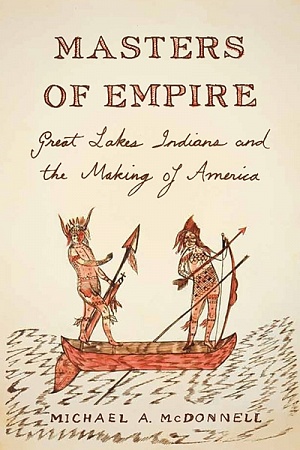Civilizing Torture: An American tradition
Harvard University Press (Footprint), $74.99 hb, 407 pp, 9780674737662
Civilizing Torture: An American tradition by W. Fitzhugh Brundage
The Eighth Amendment to the United States Constitution, ratified in 1791, prohibits the use of ‘cruel and unusual punishments’. General Order No. 100 (the Lieber Code of 1863) declares that ‘military necessity does not admit of cruelty’ and explicitly bars American soldiers from torture. The UN Convention Against Torture, which the United States signed in 1988, stipulates an absolute ban on torture and other cruel, inhuman, or degrading punishments. Yet, as W. Fitzhugh Brundage amply demonstrates in Civilizing Torture: An American tradition, the United States has used torture at home and abroad for centuries.
Physical and psychological torment helped subjugate indigenous and enslaved populations, underpinned the formation of the carceral state, and has long been an instrument in America’s military adventures, particularly in the developing world. Yet notions of national exceptionalism have led many Americans to insist that the United States is a ‘unique nation with uniquely humane laws and principles’. Thus, despite international revulsion at the horrors inflicted by American soldiers at Abu Ghraib in Iraq, President George W. Bush still maintained that ‘any activity we conduct, is within the law. We do not torture.’
Continue reading for only $10 per month. Subscribe and gain full access to Australian Book Review. Already a subscriber? Sign in. If you need assistance, feel free to contact us.















Comment (1)
Leave a comment
If you are an ABR subscriber, you will need to sign in to post a comment.
If you have forgotten your sign in details, or if you receive an error message when trying to submit your comment, please email your comment (and the name of the article to which it relates) to ABR Comments. We will review your comment and, subject to approval, we will post it under your name.
Please note that all comments must be approved by ABR and comply with our Terms & Conditions.